SUMMARY
This is AI generated summarization, which may have errors. For context, always refer to the full article.
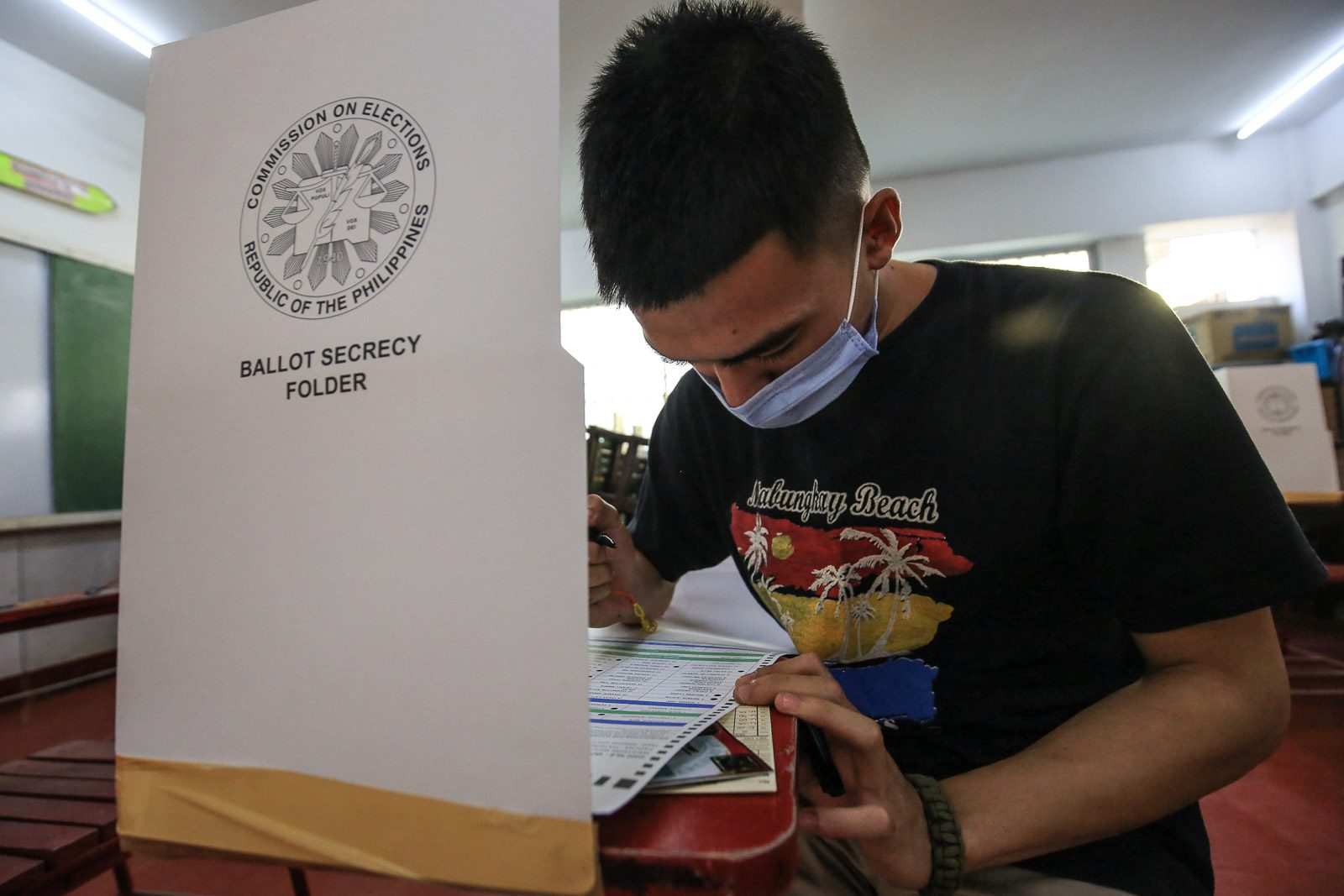
MANILA, Philippines – The Department of Energy (DOE) on Tuesday, January 25, said blackouts could happen during the latter half of May if plants go on forced outages.
In a briefing on Tuesday, DOE Director Mario Marasigan presented the revised power outlook for 2022, to include a scenario where plant outages happen.
In that scenario, Marasigan said two red alerts and four yellow alerts could be raised in Luzon if an average of 536 megawatts were to be taken out from reserves due to forced plant outages.
Marasigan said red alerts could be anticipated not on Election Day on May 9, but in the two weeks that follow – during the weeks of May 16 and May 23.
When red alerts are raised, rotational blackouts may be implemented in order to ensure the reliability of the grid.
So, will blackouts happen during the counting of votes? Not necessarily, said the DOE.
While there may be isolated incidents, Energy Undersecretary Felix William Fuentebella emphasized the importance of knowing where the counting centers are to prevent blackouts in these facilities.
“‘Yon ang (That is the) emphasis that all these facilities, these counting centers, will have triple backup just like what we have in vaccine storage facilities,” Fuentebella said.
“So these are the types of coordination that we are utilizing because may (there is a) cause of concern, there is a need for urgent action, and we have to plan…. We have to organize ourselves and position ourselves kung saan puwedeng magkaro’n ng aberya at puwedeng makatugon kaagad (where there could be problems and where we could respond immediately),” the energy undersecretary added.
If there are no plant outages, the DOE expects power supply to be sufficient.
“We say that we are looking at all scenarios if there will be a problem in the supply. Without forced outages, we really don’t have a problem. But if we see plant outages on the average, we have also solutions and we are looking at those solutions,” said Fuentebella.
Energy officials reminded generation companies to follow the Grid Operating Maintenance Program. During the hot dry season or “summer,” power plants are not allowed to go on maintenance, except for hydroelectric plants.
Earlier, the National Grid Corporation of the Philippines warned of thin power supply in the hot dry season. The DOE reiterated that the NGCP should contract firm power reserves called ancillary services. – Rappler.com
Add a comment
How does this make you feel?








![[New School] Tama na kayo](https://www.rappler.com/tachyon/2024/02/new-school-tama-na-kayo-feb-6-2024.jpg?resize=257%2C257&crop=290px%2C0px%2C720px%2C720px)
![[Only IN Hollywood] After a thousand cuts, and so it begins for Ramona Diaz and Maria Ressa](https://www.rappler.com/tachyon/2024/02/Leni-18.jpg?resize=257%2C257&crop=262px%2C0px%2C720px%2C720px)
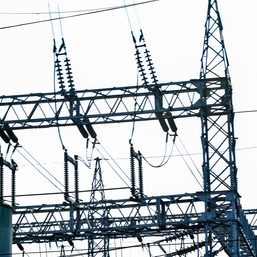
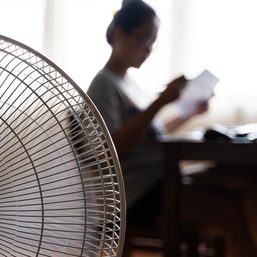
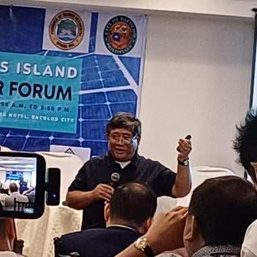
![[ANALYSIS] Panay blackouts](https://www.rappler.com/tachyon/2024/03/panay-blackouts.jpg?resize=257%2C257&crop=277px%2C0px%2C720px%2C720px)
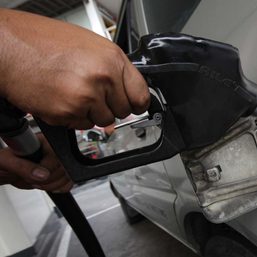
There are no comments yet. Add your comment to start the conversation.